This online short course offers a unique opportunity for doctoral or pre-doctoral students, researchers from other fields and professional translators or interpreters to learn how to conduct research in the 21st century. Participants will have access to reading materials, individual feedback, discussion threads and plenary lectures, and will be able to organise their work according to their individual schedules via a one-of-a-kind, interactive online platform.
This course is the second part of the FTI’s Research Methods in Translation and Interpreting Studies (ReMeTIS) programme, which consists of two separate courses. ReMeTIS II will provide you with the basic training necessary to conduct research in the 21st century. Even if you did not participate in course I, you can still register for course II.
About the course:
ReMeTIS II focuses on research on corpora in Translation and Interpreting Studies and quantitative methods, and is designed to further develop transferable skills such as scientific communication and career and publication strategies. The course consists of individual and collaborative activities that will provide you with a sound methodological basis for launching your research projects. Learn how to be a successful researcher from the very beginning of your career by developing your methodological and practical skills in a dynamic virtual environment.
Objectives:
- Develop state-of-the-art scientific skills in Translation and Interpreting Studies with a focus on corpus design and quantitative data analysis*
- Develop written and oral scientific communication skills
- Start building your career strategy
- Design an efficient publication strategy
*Please note that qualitative methods and mixed methods in Translation and Interpreting Studies are taught in ReMeTIS course 1
Learning outcomes:
- Learn about the types of corpora used in Translation and Interpreting Studies
- Familiarise yourself with major corpus tools and resources
- Learn how to analyse quantitative data
- Understand the issues specific to data collection and analysis in these areas
- Learn how to prepare and deliver an effective presentation
- Learn how to create a well-designed conference poster
- Understand essential concepts related to the distribution of research results
- Learn how to develop your own publication strategy
Application criteria:
Applicants will be required to submit a copy of their relevant university diplomas, their CV, a cover letter and a one-page description of a prospective research project in order for their application to be considered. Applicants do not have to be registered as regular PhD students at the University of Geneva in order to participate in this virtual programme. PhD students officially registered at FTI can participate in the programme as part of their doctoral training.
Apply:
Registration for Course II is open until 5 February 2024, and the course will officially begin on 4 March.
For more information, including conditions for enrolment, please visit the website: https://www.unige.ch/formcont/cours/research-methods-2

